560 rezultāti atrasti
Skip results of view Ziņas
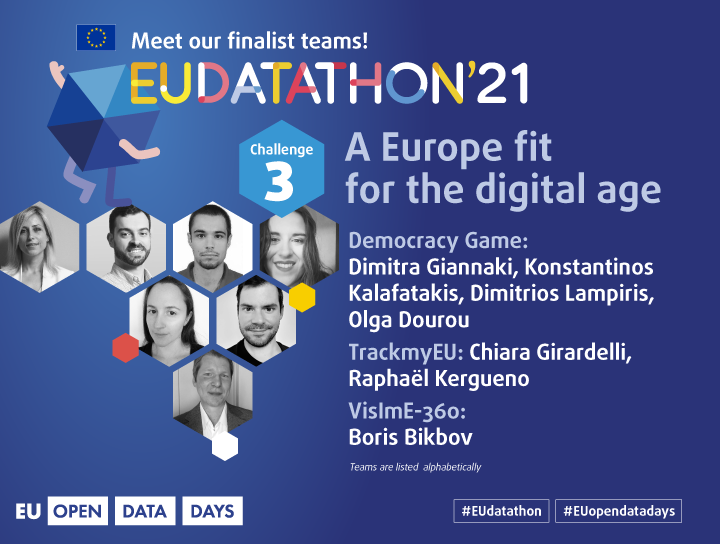
EU Datathon is an annual competition organised by the Publications Office of the EU. It invites people from all around the world to build applications based on EU open data. This year, nine teams have been shortlisted to compete in the finals. You have already been introduced to the teams for Challenge 1: ‘A European Green Deal’ and Challenge 2: 'An economy that works for people'. You will now discover the three teams that aim to tackle Challenge 3: ‘A Europe fit for the digital age’. Democracy Game Try your hand at politics with this virtual debating tool! With the purpose of engaging
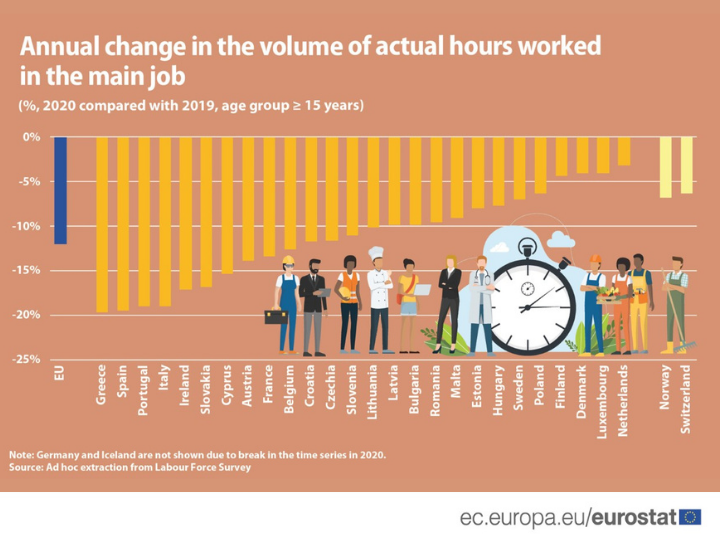
As a result of the pandemic and national lockdown measures, the way we work has drastically changed. Eurostat figures show that overall, in 2020, Europeans have collectively worked roughly 12% less, in terms of working hours, compared to 2019. This is partially due to COVID-19 response measures such as lockdowns, which led many people to be more absent from their job than before. At the national level, the hours worked declined across all Member States. The highest declines are for Greece (-19.7%), Spain (-19.5%), Portugal and Italy (both -19.0%). Some EU countries experienced only a small
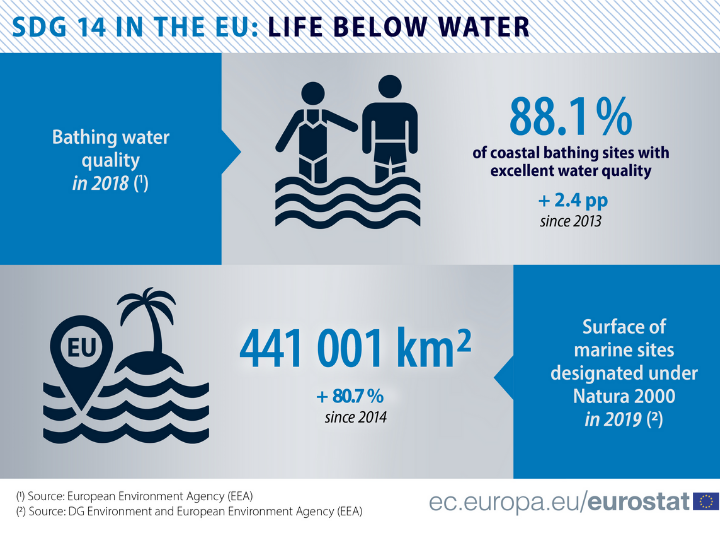
Are you curious to know which bathing sites in Europe have the best water quality? Earlier this year, the European Environment Agency (EEA) published a Eurostat dataset and several visualisations that provide an answer. The EEA classified the number and proportion of coastal and inland bathing sites based on their water quality. Bathing sites are categorised in one of the four possible classifications, ‘poor’, ‘sufficient’, ‘good’, or ‘excellent’. The assessment of the water quality is based on microbiological parameters that express how much bacteria are in the water. In line with the Bathing
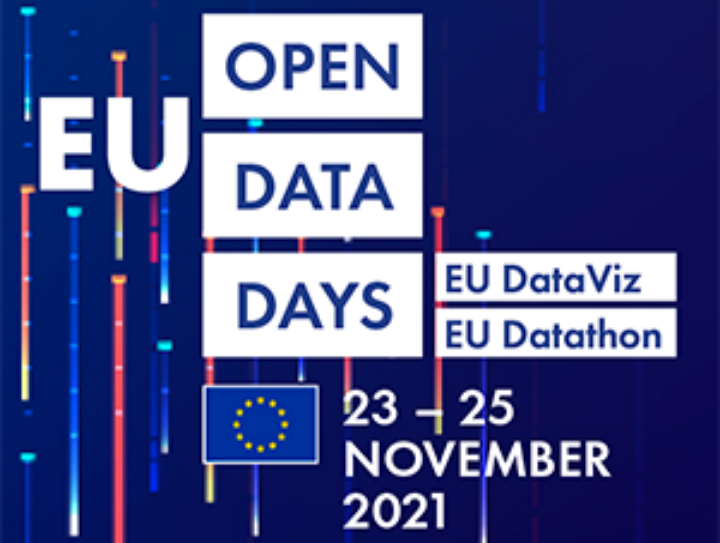
The first EU Open Data Days are gathering steam and the draft programme is now available and filled with expert speakers in various thematic sessions. Spread over three half-days, this fully online event will take place from 23 - 25 November 2021, combining the EU DataViz conference and the EU Datathon competition. The first day will cast light on open data as the driving force for shaping Europe’s digital future, including its challenges and potential. The second day will highlight the importance of communicating data efficiently using visualisations to convey the right message and understand
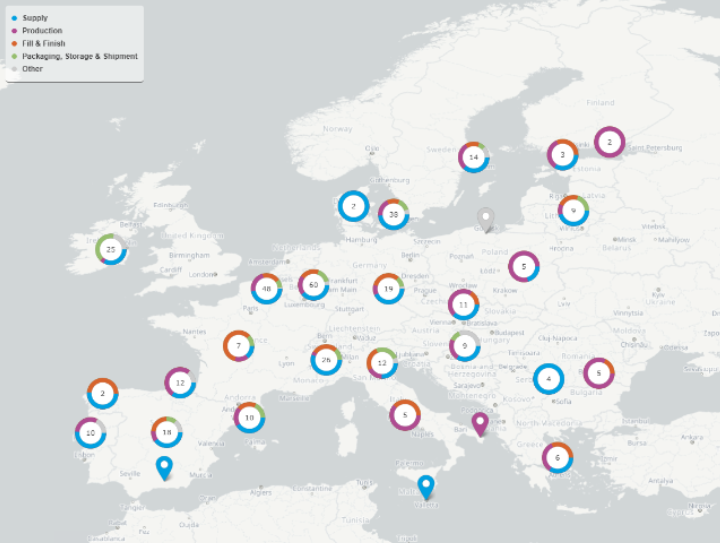
Recently, the European Commission (EC) launched an interactive map showing the production capacities of COVID-19 vaccines in the EU. The map shows where vaccine producing companies are located and in what section of the supply chain they mainly operate: supply, production, fill and finish, storage and shipment, or other. The data for the interactive map is mainly gathered by the Task Force that was set up to increase production capacity for vaccines. In this context, over 300 companies from 25 Member States discussed how to improve the current and future vaccine production during a “match
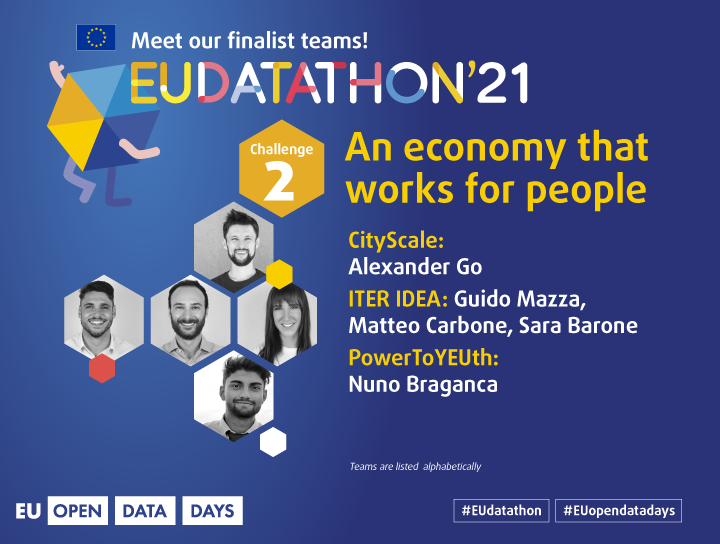
EU Datathon is an annual competition organised by the Publications Office of the EU. It invites people from all around the world to build applications based on EU open data. This year nine teams have been shortlisted to compete in the finals. In a previous news piece, we introduced the challenge 1 teams, here we present the three finalist teams for challenge 2: An economy that works for people. Individuals and businesses in the EU can only thrive if the economy works for them. The applications for this challenge all push European economies to grow, whilst reducing poverty and inequality. Meet

On the first of July, Europe introduced the EU Digital COVID Certificate Regulation. As an EU resident, you can now use this certificate to travel across Europe and show that you either have been vaccinated, received a negative test result, or recovered from COVID-19. National authorities issue the certificates and have also started collecting data on the traffic volumes of the certificates. Those volumes indicate how many people have travelled using these certificates. These data are extracted from the backends of national health systems of the Member States that are part of the European
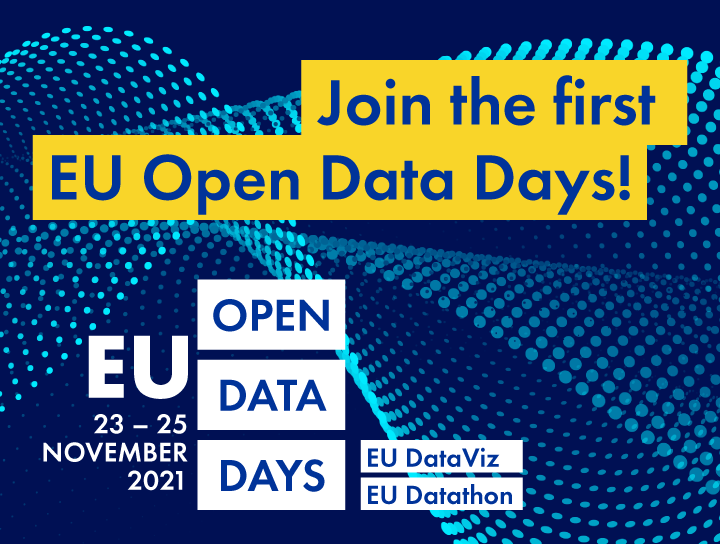
The first ever EU Open Data Days, launched in March 2021, are gathering steam. This unique event will take place online from 23 to 25 November and is now open for registration of participants. The EU Open Data Days are free and open for everyone to attend. Setting out with the aim of ‘shaping our digital future with open data’, the EU Open Data Days will highlight the benefits of open data, its visualisation and its reuse for the EU public sector, citizens, and businesses. The event’s rich programme is designed to benefit a broad audience, including experts, open data enthusiasts and the
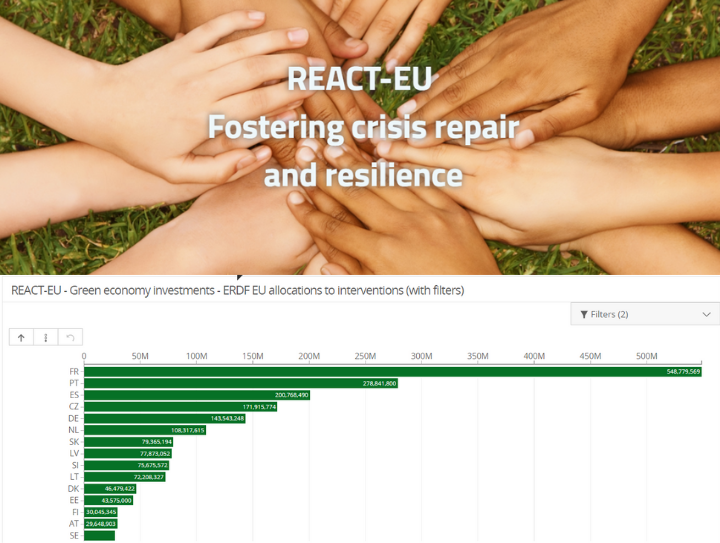
Europe is dedicated to rebuild together from the COVID-19 crisis. To support the recovery and facilitate a green and digital transition of the economy, the EU allocates €50.6 billion. You can discover how these funds are allocated in this interactive dashboard. It shows the current allocated funding amounts per country in 2021, and in the future. Created with open data, the dashboard allows you to filter on Member States or the type of EU fund. Apart from monitoring how funds are allocated, you can also track the planned investments for a green and digital economy by searching for keywords
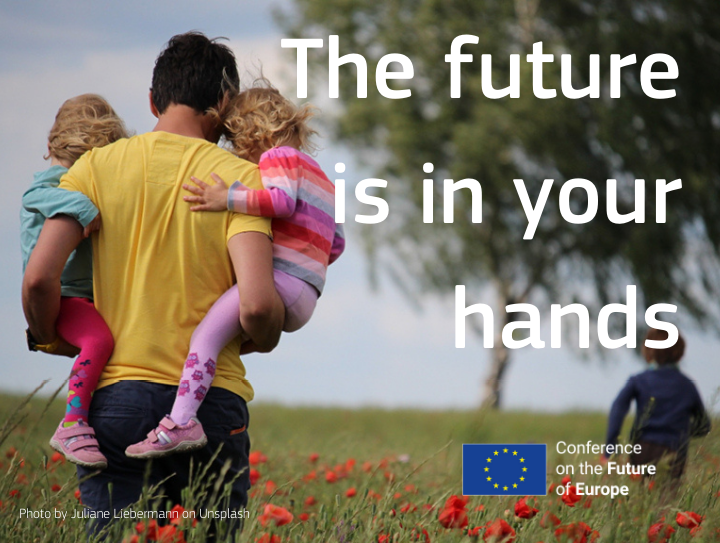
Have your voice heard and participate in the Conference on the Future of Europe! Launched by the European Parliament, the European Council, and the European Commission, this is a unique opportunity for you as a citizen, to discuss what Europe’s challenges and priorities should be. What is it about? It is the citizen-led series of debates and discussions that will enable people from across Europe to share their ideas and help shape our common future. You can attend an event near you, share your ideas and organise an event yourself, under the scope of the Conference. It is your opportunity to
